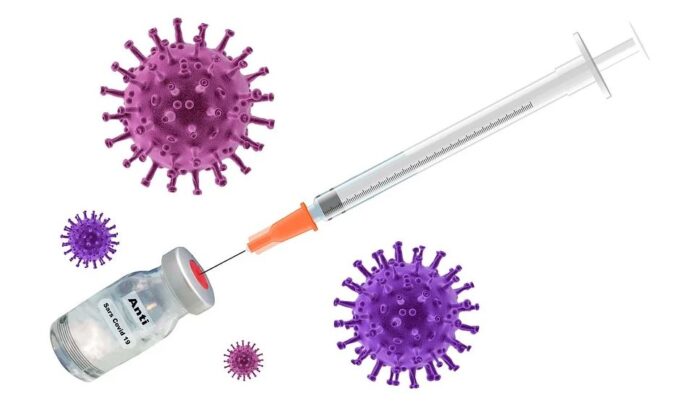Federal government covers testing costs for people without symptoms
On January 27, 2021, the Federal Council adopted a series of decisions to contain the pandemic. The testing costs of people without symptoms will now be borne by the federal government in order to protect people who are particularly at risk. Also, the ten-day quarantine rule can now be shortened if the person gets tested after seven days and the result is negative.

As the Federal Council writes in a statement, the pandemic situation in Switzerland continues to ease only slowly. The number of new infections is also not decreasing. However, the number of hospitalizations and deaths have decreased. The tense situation in intensive care units has changed less. This burden remains "unchanged high", as the proportion of new virus variants doubles every week.
Test, test ... test
Because there are many people who can transmit Covid-19 who have no particular symptoms at all, the federal government has allowed testing of people in nursing homes, hotels and workplaces since mid-December, so that more people are tested to protect those at particular risk. The federal government now covers the costs of such tests. If someone tests positive, an additional PCR test must be performed and the result reported. The tests can be done on site and also by the staff themselves.
The advanced testing strategy will also be adapted in the new Covid 19 Regulation 3, which will come into force on Thursday, Jan. 28, 2021. From February 1, the federal government will also cover the costs of vaccinations by pharmacists to enable cantons to integrate pharmacies into the vaccination organization.
Shortened quarantine in case of negative test
The change in the Covid 19 regulation includes a number of other measures. Previously, with regard to the quarantine obligation, it was regulated that a person had to go into a ten-day quarantine from the last contact with a person. If the person concerned now carries out a rapid antigen test or a PCR test from the seventh day onwards and the result is negative, the cantonally ordered quarantine can be ended prematurely. The person still has to bear these test costs himself. However, the person must stay in their accommodation or in a hotel until the quarantine actually expires (ten days).
More contact tracing for inbound travelers
In future, people entering the country from a risk area will have to present a PCR test that is no older than 72 hours. They then enter a ten-day quarantine, which can now be terminated after seven days if there is a negative result from a rapid antigen test or a PCR test.
For air travel from countries that do not belong to the risk area, a negative PCR test result must also be available before boarding the aircraft. In addition, all contact data for travelers from risk countries will now be recorded on an electronic travel form. The federal government writes that this will make it easier and faster to trace back infections in the future. These newly adopted quarantine and entry regulations come into force on February 8.
There are also new Regulatory fineswhich can amount to between 50 and 200 francs, depending on the offense. For example, anyone not wearing a mask on public transport, at public stations or at bus stops can be asked to pay. Administrative fines can now also be imposed for participation in prohibited private events.
Source: the Federal Council









